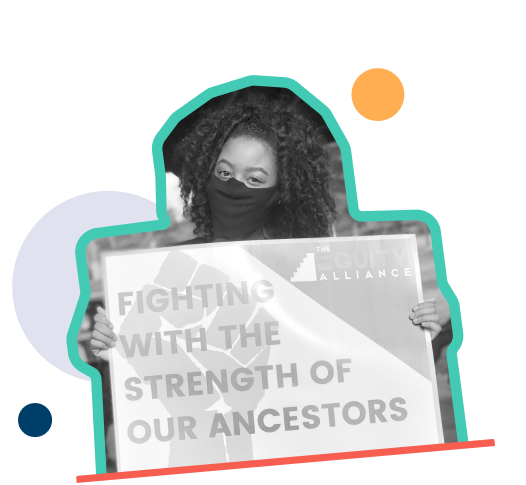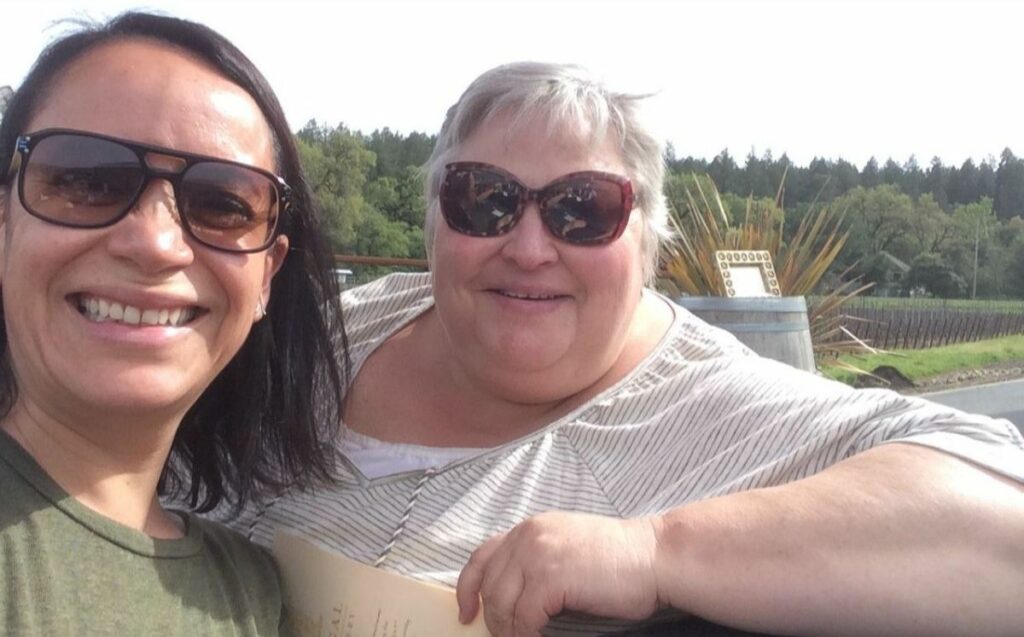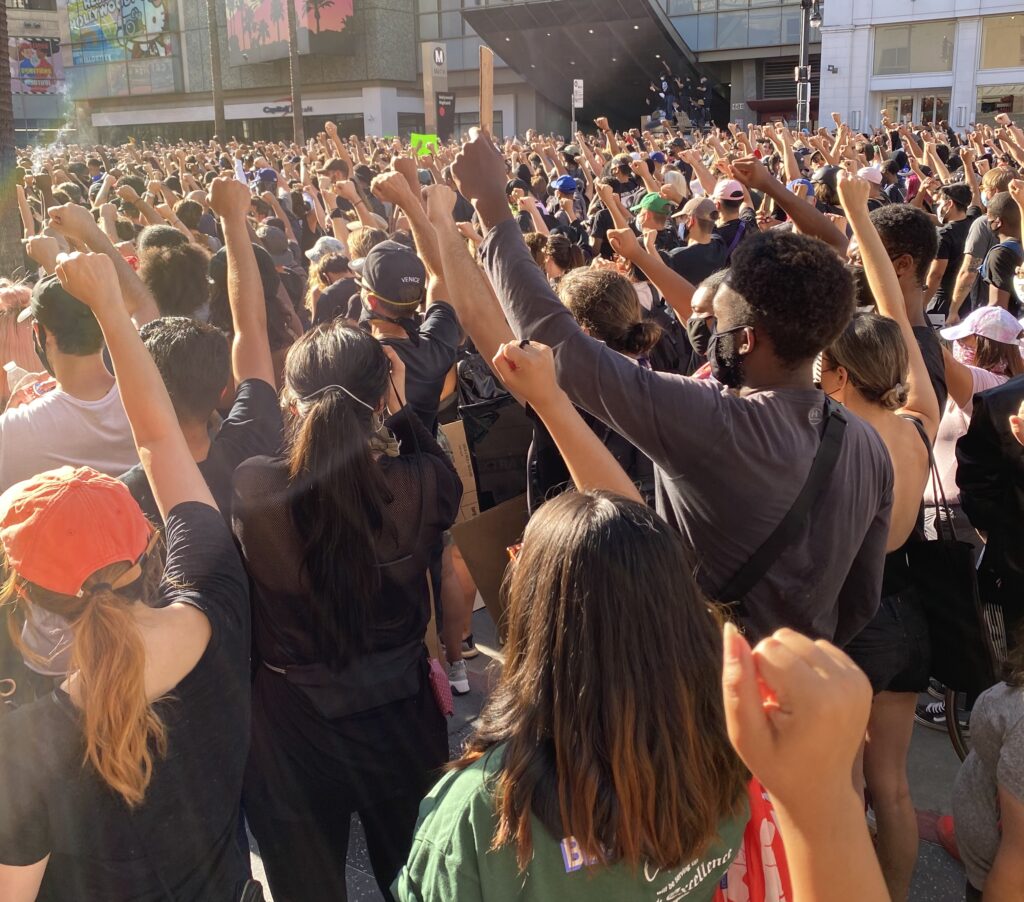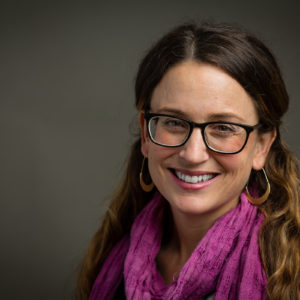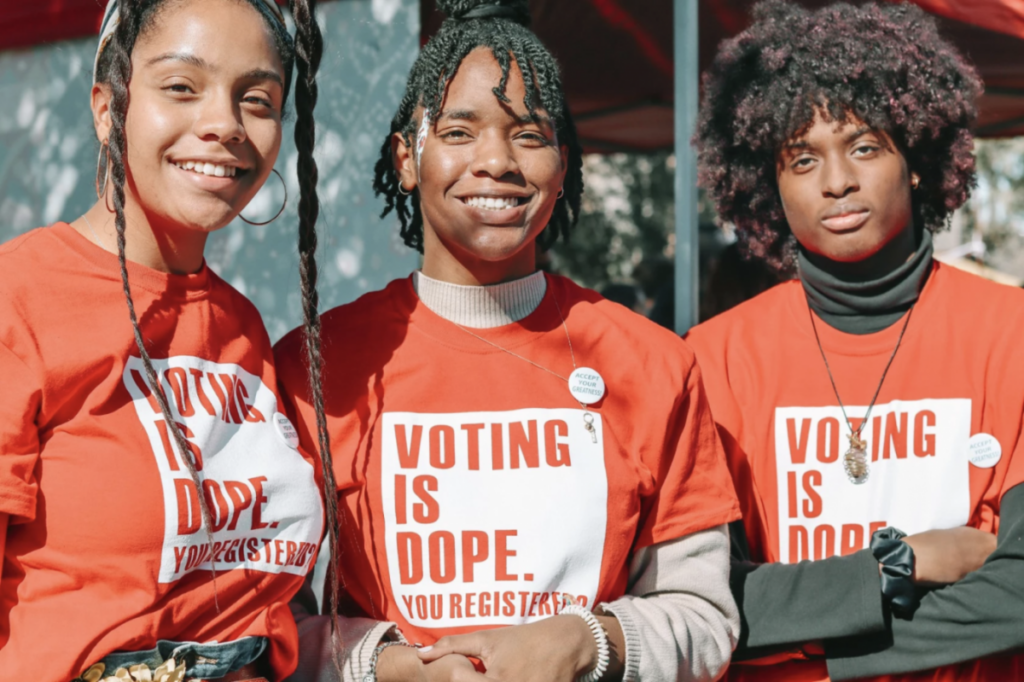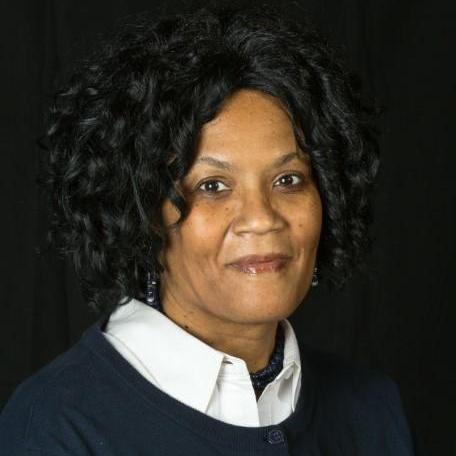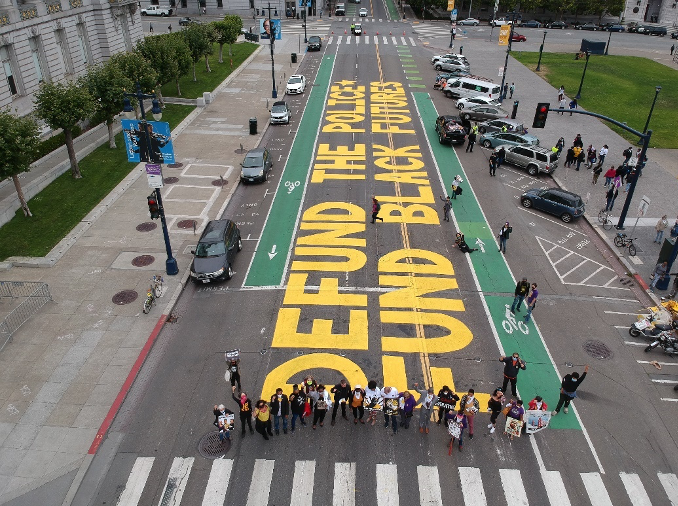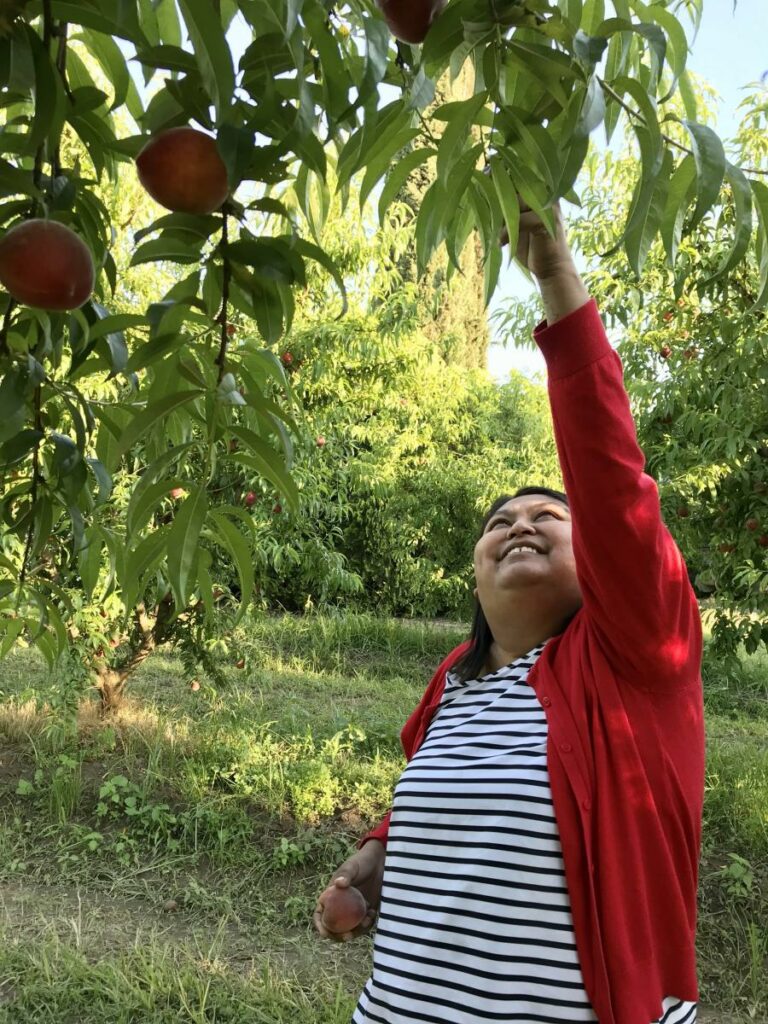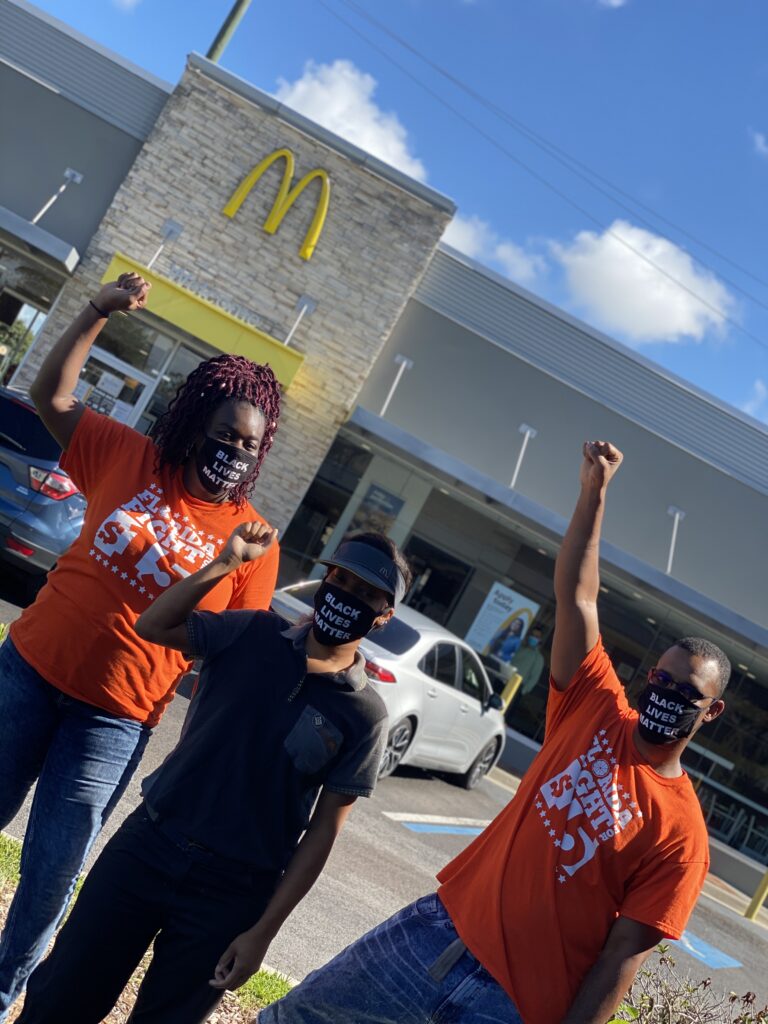Archive for 2020
I cried like a baby, I swore like a sailor: NFG’s December 2020 Newsletter
At Neighborhood Funders Group’s final board meeting of 2020, the toll of the year hit me — suddenly. While saying farewell to Mary Sobecki (Executive Director of the Needmor Fund) as she ended her term on NFG’s Board of Directors, I found myself crying like a baby. I have known Mary since NFG’s National Convening…
Read MoreStrike Watch 2020 Review: Defund the Police to Build Worker Power
By Manisha Vaze, Director, NFG Funders for a Just Economy As we close this year, it’s probably safe to assume that you, like me, are emotionally and physically exhausted. The never-ending tragedy of this year’s global pandemic, the job loss, the deep inequality of the economic and health systems, and the new exposure for many…
Read MoreA Warm Farewell & A Warm Welcome
Neighborhood Funders Group is a place for meaning-making in philanthropy. We offer funders a political home: a place to connect, strategize, and take action. A big part of how we make meaning and take action is incubating spaces for funders to organize and grow new initiatives — all toward the ultimate goal of shifting money…
Read MoreTechnologies for Liberation: Toward Abolitionist Futures
Technologies for Liberation: Toward Abolitionist Futures is a new report by the Astraea Lesbian Foundation For Justice in collaboration with Research Action Design (RAD). The report explores the ways the state and corporations in the U.S. are using technology to control, police, surveil, and limit the flow of money and power to QT2SBIPOC communities. It also…
Read MoreRaising expectations & creating community in philanthropy: NFG’s November 2020 Newsletter
On October 1, I enthusiastically moved into the role of Vice President of Programs for Neighborhood Funders Group after being on our staff team since January 2019 and a former NFG member leader. I am proud to continue NFG’s 40-year legacy of mobilizing philanthropy to redefine what is possible for this sector and our communities. Being part…
Read MoreStrike Watch – Election 2020: Workers Redefine the Map, as Corporate Tech Pours Millions to Undermine Rights
While the public eye (rightfully) centered on the US presidency this election, worker-led organizing made tremendous waves across the country in ballot initiative, issue-based wins and get out the vote mobilization, including in closely-watched swing states. Corporations and the ultra-wealthy also pushed their agendas of racialized and gendered inequality ahead, most notably California’s anti-labor rights…
Read MoreThe Road Ahead
Neighborhood Funders Group is a place for meaning-making in philanthropy. We offer funders a political home: a place to connect, strategize, and take action. We are about to usher in a new Presidential administration. With it comes hopes and possibilities for a country in which Black, Indigenous, and people of color communities, queer and transgender…
Read MoreStrategize with NFG in the lead up to the election & beyond: NFG’s October 2020 Newsletter
We hope that — at one of the most critical junctions in the United States in decades — you are tapping into your reservoirs of joy, strength, and nourishment: whether that’s friends and family, rest, food, music, art, plants, pets, or philanthropic community. As we all continue to grapple with the COVID-19 pandemic, its economic…
Read MoreStrike Watch: Solidago Foundation’s Rebecca Greenberg on Funding Democracy Defense from Georgia to Arizona
Strike Watch brings you original content from FJE on urgent economic justice issues and the latest developments in grassroots efforts to build worker power – and where funders can partner and are taking action. This week, we bring you an in-depth interview with Rebecca Greenberg of the Solidago Foundation, who shares how and why the…
Read MorePhilanthropy Isn’t Doing Enough to Support Youth-Led Voter-Mobilization Efforts
Alejandra Ruiz, Executive Director of the Youth Engagement Fund, and Lori Bezahler, President of the Edward W. Hazen Foundation, write about youth of color civic engagement and voter mobilization work as a core opportunity for grantmaking on racial equity, leadership development, and building people centered long-term infrastructure that transforms our communities and democracy. This op-ed was originally published here…
Read MoreSurdna Foundation Stepping Up for Racial Justice
Don Chen, President of Surdna Foundation, announces the foundation’s plans to increase its grantmaking by $36 million to Black, Indigenous, and People of Color leaders, organizations, and networks most affected by systemic racism. This post was originally published here on the foundation’s website. Don was part of the 2019-2020 Philanthropy Forward: Leadership for Change Fellowship cohort, a joint initiative of Neighborhood…
Read MoreHow not to only fund the loudest voices in the room: NFG’s September 2020 Newsletter
Last week, NFG’s Amplify Fund and Funders for a Just Economy hosted a virtual learning visit in Nashville to showcase how Stand Up Nashville and The Equity Alliance are building power in their city for all residents. These Black women-led organizations have laid the foundation for recent movements supporting mutual aid and just recovery from disasters, community development, and economic justice (watch this video to learn more…
Read MoreStrike Watch, Labor Day: Vonda McDaniel on Workers Redefining “Nash-Vegas” and Taking on Power in Tennessee
Earlier this summer, we had the fortune to sit down with Central Labor Council (CLC) of Nashville & Middle Tennessee President Vonda McDaniel. McDaniel gave us key insights – shared in this Strike Watch interview – into the critical organizing led by food processing workers hard-hit in unsafe meatpacking plants in the region and throughout…
Read MoreStrike Watch: San Francisco Foundation’s Jidan Terry-Koon on Finding our (Philanthropic) Front Lines
As part of our ongoing coverage and analysis of the many uprising for economic justice – from the Strikes for Black Lives to fights for basic protections in the age of COVID-19 – we wanted to get the perspectives from FJE members on how they are changing their practices to better support economic justice organizing…
Read MoreNFG’s 40 Years Strong convening continues with 6 new sessions & more: NFG’s August 2020 Newsletter
At NFG’s plenary session to ignite our 40 Years Strong virtual convening series, Gladys Washington, Former Deputy Director of the Mary Reynolds Babcock Foundation, urged philanthropy to “keep leaning in, and keep putting that money out.” As communities continue to adapt to the altered landscape created by COVID-19 and rise up to defend Black lives, we are seeing…
Read MoreA Letter from IRSG Members in Honor of Isabel Arrollo
Dear Friends, On May 16, 2020, we lost a fierce, beloved leader in California’s Central Valley, Isabel Arrollo. Isabel was the Executive Director of El Quinto Sol de America, an organization founded by her mother, Irma Medellin, based in Lindsay, California. Isabel’s passion and strong strategic lens helped grow El Quinto Sol into a driving…
Read MoreThe Fund for New Jersey Reaffirms Commitment to Racial Justice
In the wake of George Floyd’s death and the protests that followed, The Trustees of The Fund for New Jersey have issued a statement that reaffirms The Fund’s commitment to achieving racial justice in New Jersey through investment in policy reforms in housing, education, criminal justice, economic justice, and public health. The statement provides data and analysis on the…
Read MoreNew opportunities to connect & co-conspire with us: NFG’s July 2020 Newsletter
Thank you to the hundreds of people who joined us online to kickoff our 2020 National Convening Series between June 29 and July 2. Our early July convening programming included the Accountability & Philanthropy’s Role plenary session (watch the recording!), Multiracial Rural Equity Summit hosted by NFG’s Integrated Rural Strategies Program, and Homecoming: Housing Justice is Racial…
Read MoreStrike Watch: Voices from the Strike for Black Lives
PIctured left: Gus and his co-workers in Lakeland, FL during the J20 Strike for Black Lives. Photo Credit: Fight for 15 Florida. Hundreds of workers walked out of work from coast to coast Monday, July 20th as part of coordinated Strike 4 Black Lives. Centering the Movement 4 Black Lives and 60-plus labor and community…
Read MoreHighlights from Amplify this July
“We’ve been busy in these internet streets,” as Melody Baker, Amplify’s Senior Program Officer said on a recent staff call. We were thrilled to end June and begin July with so many of you at the start of NFG’s 2020 virtual convening series: 40 Years Strong. On the fourth day of programming, on Thursday, July…
Read More